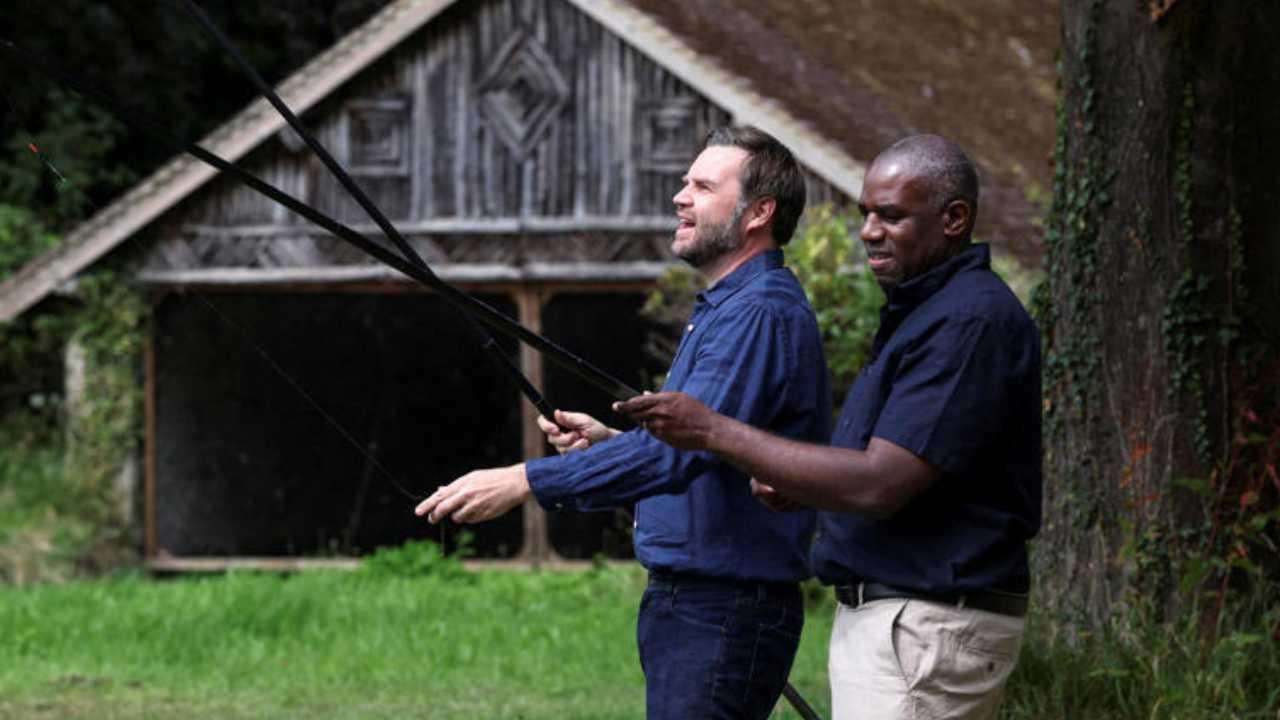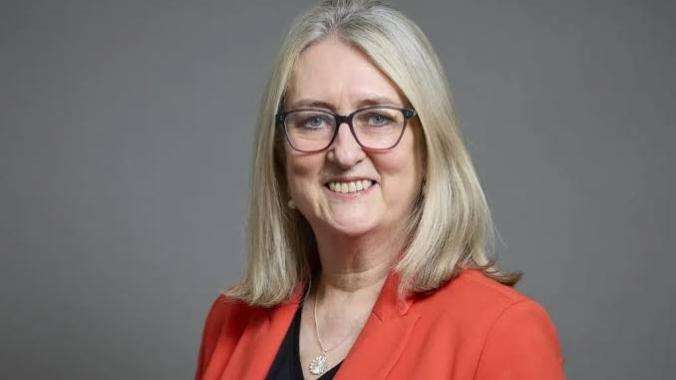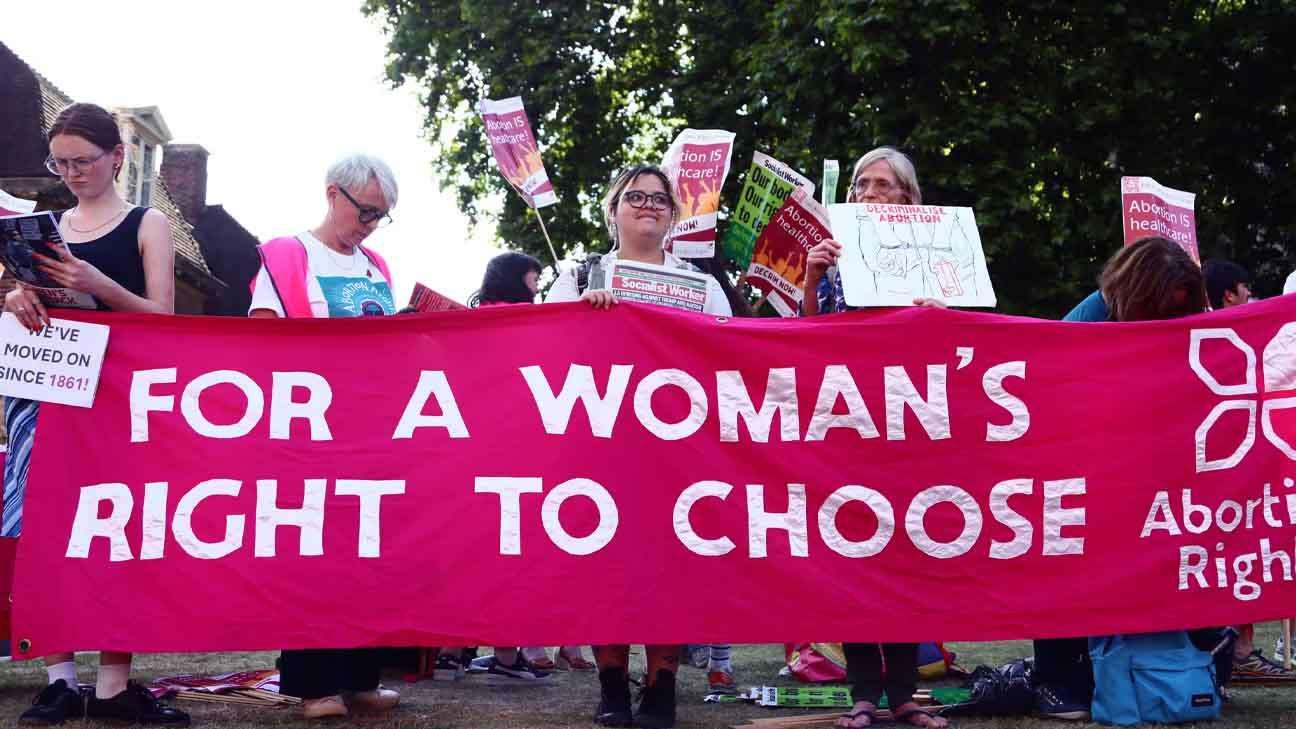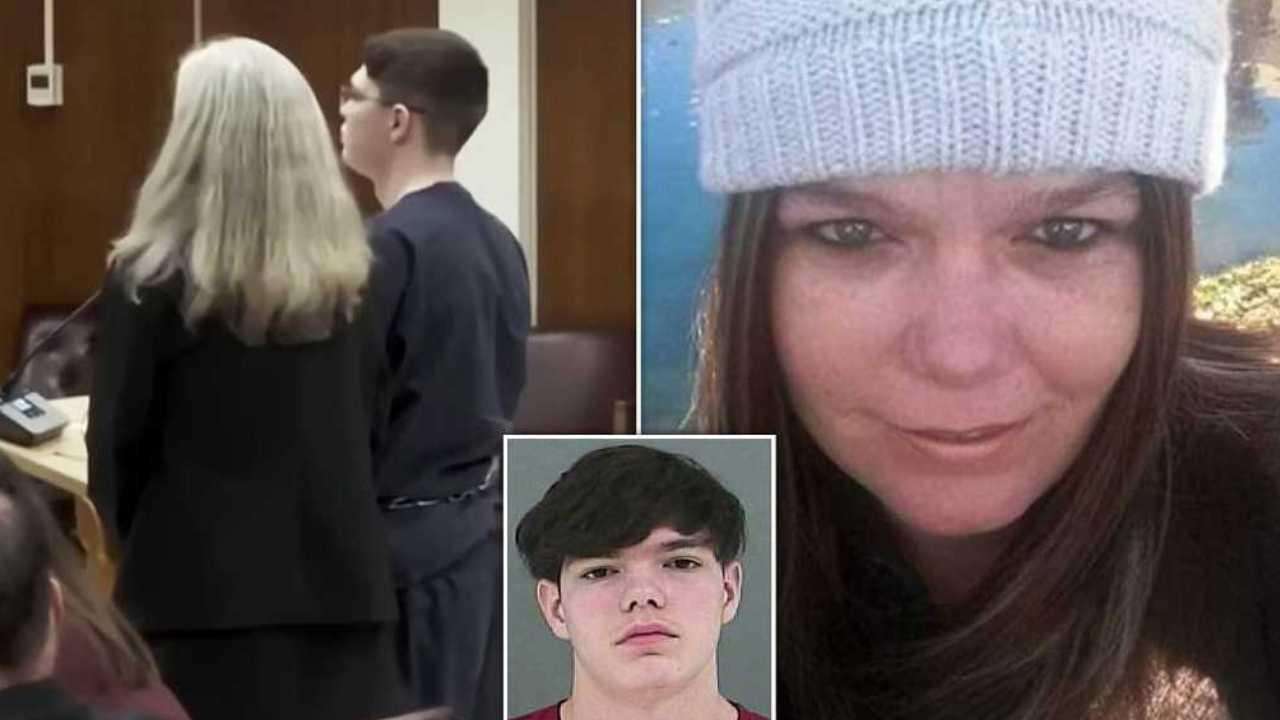British MPs have voted to decriminalise abortion, marking the most significant advancement in reproductive rights in nearly six decades.
As part of an amendment to the government’s crime and policing bill, the House of Commons agreed to reform criminal laws in England and Wales. Under the change, women who end their pregnancies outside of the formal legal system will no longer face criminal charges. While the existing framework—requiring approval from two doctors and adhering to set time limits—will remain intact, the amendment removes the threat of prosecution for women who, for example, use abortion pills beyond the legal timeframe or acquire them online.
Previously, inducing a miscarriage could carry a life sentence. The amendment, proposed by Labour MP Tonia Antoniazzi, was passed in a free vote following increased public concern over rising numbers of women being investigated or prosecuted in recent years.
In 2022, an Oxford crown court judge criticised the prosecution of a 25-year-old woman after abortion pills were found in her system—despite her baby surviving. Judge John Hardy KC called the trial “a waste of court time” and said there was no public interest in pursuing the case.
One of the most high-profile recent cases involved Carla Foster, who was sentenced in 2023 to over two years in prison for ending her pregnancy between 32 and 34 weeks. Foster had obtained the pills during lockdown after a remote consultation. Her sentence was later reduced and suspended, with Appeal Court Judge Dame Victoria Sharp declaring the situation was one that demanded “compassion, not punishment.”
In 2024, prosecutors dropped charges against Bethany Cox, 22, who had been under investigation for three years. Her lawyer said she had faced questioning during a period of deep personal grief, and the prosecution ultimately offered no evidence against her.
Just last month, Nicola Packer was found not guilty after a lengthy legal battle over allegedly using abortion pills past the legal limit. Her case took nearly five years to reach trial. Speaking after her acquittal, she described the experience as “the worst four and a half years” of her life, adding, “I would not wish this on anyone.”
Leading health and rights organisations, including six medical colleges, the British Medical Association, Women’s Aid, and the Fawcett Society, supported the call for reform.
At the G7 summit in Canada, Prime Minister Keir Starmer expressed his support for the amendment, stating that while it was a free vote due to its status as a conscience issue—like assisted dying—his personal stance had always been in favour of safe and legal access to abortion.
The amendment will officially become law once the full crime and policing bill passes through both Houses of Parliament and receives royal assent. With the current government’s strong majority, the measure is expected to be enacted without major obstacles.




_1.jpg)



.svg)



